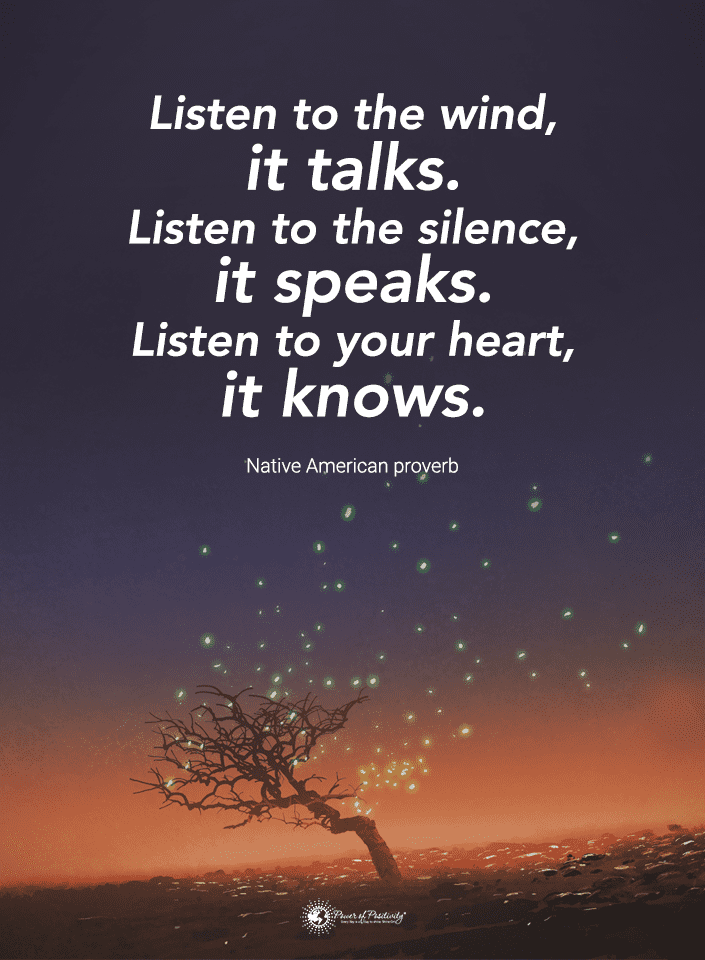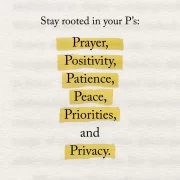Many people have forgotten the art of listening in the modern world. We often find ourselves so immersed in responsibilities that we neglect one another. However, this doesn’t mean we can’t relearn how to connect with our loved ones. Something as simple as asking how their day went is an empathetic gesture that could make a noticeable difference.
Humans should all take a moment to slow down and enjoy the little things again. We have an innate desire to share stories and derive meaning from life. Even though we live in a fast-paced world, we can change our trajectory by putting our relationships first.
One way to do that involves learning different listening skills to improve your relationships. Various situations may call for specific listening types to understand the speaker better. For instance, a conversation with your boss will look much different than a talk with your spouse.
Most people can switch from one form of listening to another without much issue. However, it helps to learn new ways to listen, empathize, and connect more deeply.
Six Listening Skills that Improve Relationships

1. Critical Listening
Critical listening involves separating fact from fiction by using discernment. It means using reason and logic to evaluate a message before responding to the speaker. When you listen critically, you can form a solid opinion based on your learned information.
The workplace offers a perfect time to employ this listening skill. For example, if you’re in a meeting about a way to improve sales, you have a lot of data to sift through. In this case, you need to use systematic thinking to develop a winning strategy.
This skill also becomes useful when someone tries to sell you a product. The seller may use all the tricks in the book to get your business. However, knowing how to listen critically instead of emotionally can help you avoid scams.
2. Passive Listening
Introverts excel at this listening skill because they prefer to let others do the talking. They feel perfectly content to sit in the background while others take center stage. This form of listening involves absorbing the information given to you without reacting.
Introverts shine in this scenario because they have a supportive, level-headed nature. They feel honored when someone chooses them to confide in and don’t mind listening to people’s problems.
You might use this skill if a friend needs to discuss a problem. Naturally, you would let her talk without interrupting or expressing your thoughts. She may only need to get things off her chest and not seek advice. People often want to feel seen and heard and don’t necessarily need an opinion about their situation.
Passive listening can improve relationships by validating the speaker’s thoughts or concerns. When someone feels understood, they automatically lower their defenses and open up more.
3. Empathetic Listening
To become a good listener, practice showing empathy with others. This listening technique resembles passive listening, but it requires more of a reaction. Empathetic listening involves asking the speaker purposeful questions to gain their trust.
To utilize this skill, practice removing judgment and keeping an open mind in conversations. Even if you don’t agree with someone, you can still try to understand their perspective. Compassionate souls can relate to people from all walks of life. Because they can put themselves in others’ shoes, they make incredible friends who will always have your back.
Being a compassionate listener also means giving people your uninterrupted attention. Distractions abound in society, but the best listeners know how to shut them out during conversations. They also don’t feel awkward during breaks in conversation, especially around close friends or family.
You will enjoy more meaningful, supportive relationships by improving your empathetic listening skills. If you show empathy to the people in your life, they will give it back tenfold.

4. Informational Listening
This method resembles the first technique on the list, except it doesn’t involve much of a reaction. For instance, you must learn extensive information if you just started a new job. In this case, you will want to absorb the new skills without giving your opinion. However, even if you don’t talk as much, it still requires high intellectual engagement.
Your trainer or employer expects you to retain the concepts and ask follow-up questions if necessary. To learn new information more effectively, listen intently and take notes to review later.
5. Active Listening
The most common communication skill involves a concerted effort to understand the speaker. It means showing a genuine interest and remaining engaged throughout the conversation. It combines all the forms of listening since you have to absorb information while asking relevant questions. In addition, you must know when to remain quiet and let the other person talk without interrupting.
You can apply this skill to improve relationships in almost every facet of life. It can help you overcome conflicts and build new friendships by enhancing trust. Studies have proven that active listening makes communication more effective and fulfilling in relationships.
6. Reflective Listening
Finally, this technique involves affirming information to deescalate arguments in relationships. Repeating what the speaker said or asking clarifying questions shows them you care about their feelings. Understanding the person’s perspective can help rebuild trust and repair a fractured partnership, especially after a significant fallout.
This method also helps to reduce tension by meeting the other person at their level. Instead of trying to win the argument, you aim to relate with them and solve the issue. Approaching problems as a team rather than making it a competition creates a happier relationship.

Final Thoughts on Listening Skills That Create Strong Relationships
All relationships involve some form of listening to thrive. However, each connection requires you to listen in various ways depending on the situation. Knowing how to listen can build stronger bonds, whether training at work or hashing it out with your spouse. Plus, if you hear out others without interrupting, they will be more likely to give you that same respect.
The post 6 Types of Listening to Build Better Relationships appeared first on Power of Positivity: Positive Thinking & Attitude.




